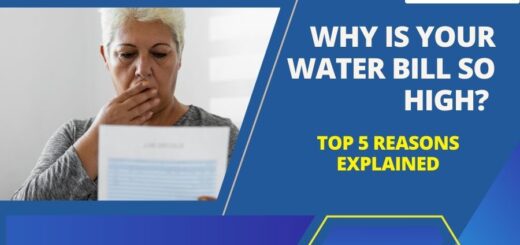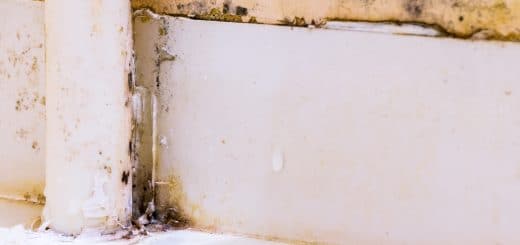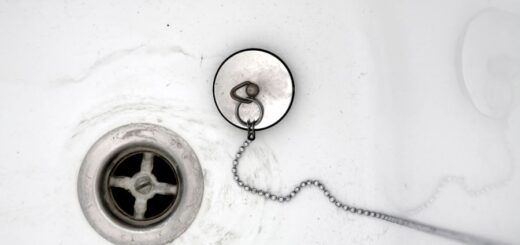Can Boiling Water Cause Pipes to Burst?
Boiling water is commonly used for various household tasks, such as cooking and cleaning. However, a common question among homeowners is whether boiling water can cause damage to pipes. The simple answer is yes.
In this article, we’ll discuss the risks and considerations associated with using boiling water in your plumbing system. We’ll also provide insights on how to mitigateTo mitigate is to reduce or limit the severity of damage, ri... More these risks. From understanding pipe materials to implementing best practices, we’ll cover everything you need to know to protect your pipes from damage caused by boiling water.
Clogged Pipes: Most Common Household Issue
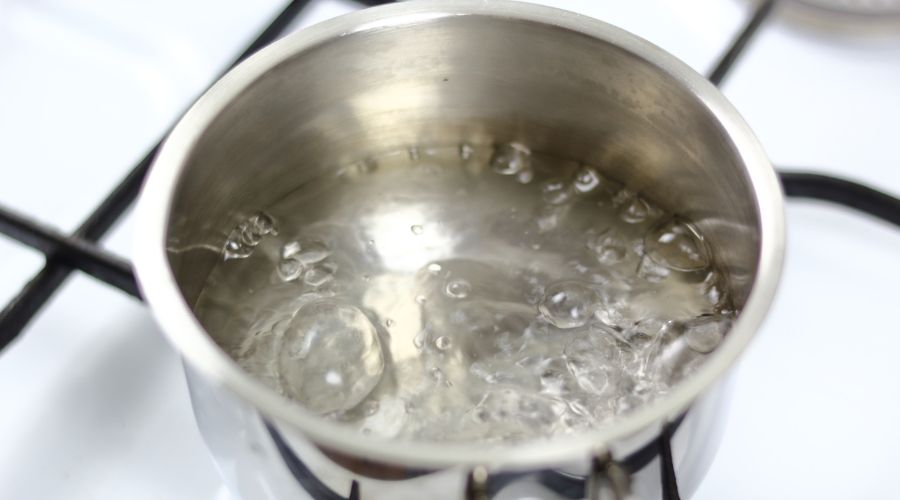
It is only a matter of time before homeowners encounter the most common plumbing problem: a clogged drain. Typically, blockages are caused by materials like excessive toilet paper, cooking grease, sanitary products, and hair. While some clogs can be cleared with chemical cleaners or other cleansing agents, more severe blockages may require the expertise of a professional plumber to ensure continued safe usage.
It’s worth noting that attempting to unclogTo unclog is to clear obstructions from pipes, drains, or eq... More drains with boiling water can actually cause more harm than good. Although you might come across suggestions to use a mixture of baking soda and boiling water, this method is not advisable. Baking soda’s abrasive nature can damage cast iron, PVC, and CPVC pipes, hence it is not recommended by plumbing professionals.
Also, if your sink is made of porcelain, you should reconsider the boiling water idea as it can cause cracks in anything made of porcelain, such as sinks, toilets, tubs etc. The only way to keep your pipes healthy is to properly maintain them and avoid pouring boiling water down the drains as much as possible.
Can You Pour Boiling Water Down the Drain?
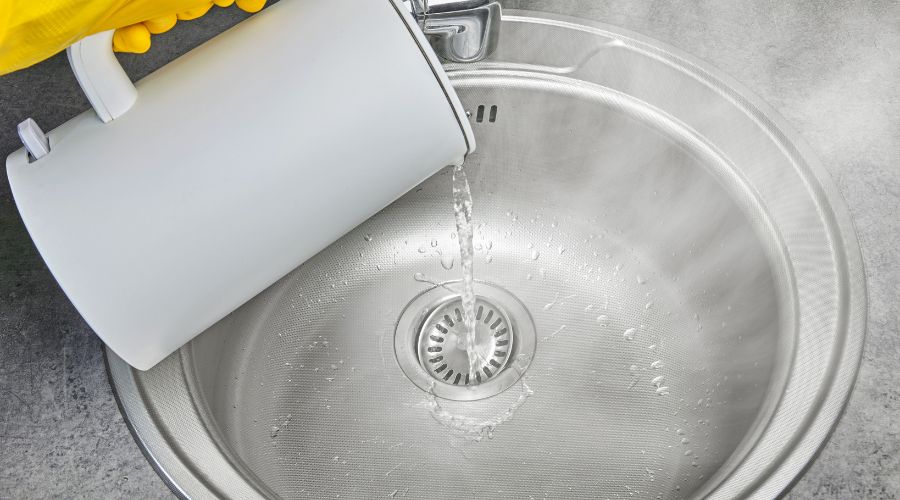
If you’re attempting to tackle a minor blockage yourself, it’s possible to address it through chemical treatments or manual extraction. However, if you’re uncertain about the process, it’s wise to enlist professional help to ensure your pipes are properly cleared. A popular method for unclogging drains involves pouring boiling water down them.
The hot water helps to dissolve and dislodge substances like grease, soap scum, and food particles that may be causing the blockage. This method is relatively simple and can be effective for minor clogs. However, it’s essential to exercise caution when using boiling water, especially if you’re unsure about the material of your pipes. While certain types of pipes can withstand boiling water without issue, others, such as PVC pipes, have temperature limitations.
We will explore the safety of this practice, identify the maximum temperature PVC pipes can withstand, and determine the temperature at which PVC pipes are at risk of bursting.
Can PVC pipes withstand hot water?
When researching this question, you may get mixed answers, however most experienced plumbers advise against it. In most homes, the PVC pipes are under the sink and if you have an older home, there is a 75% chance that your pipes are made from PVC. Although they are made to withstand heat, they are not made to be able to handle boiling water. Pipes are held together with specialized glue that can become susceptible when it comes into contact with boiling water. You may not be able to see the damage right away, but over time you will see deterioration.
When using boiling water, it’s crucial to consider your health. Pouring boiling water down a drain poses a risk, as the steam can cause burns or scalds. Additionally, consider the material of the sink; for instance, a porcelain sink could crack under the heat.
Using boiling water to unclogTo unclog is to clear obstructions from pipes, drains, or eq... More drains might seem effective, particularly in dissolving grease. However, this practice can leadLead is a heavy metal that can be toxic to humans, especiall... More to more significant issues over time. Regularly pouring hot water down the drain can actually enlarge the grease clog, potentially leading to a more severe blockage. In such cases, professional intervention may become necessary.
Pipes constructed from Pex, CPVC, or PVC are not designed to withstand the temperature of hot, boiling water. While pipes made of Iron, Copper, or Galvanized Steel can handle hot water, any rubber or plastic joints present may suffer damage over time due to their inability to endure high temperatures. An occasional pour of hot water down the drain won’t cause immediate harm. However, repeatedly doing so may necessitate the practice of running cold water down the sink concurrently as you empty a pot of boiling water, to mitigateTo mitigate is to reduce or limit the severity of damage, ri... More potential damage.
Safety Tip: Best Practices to Clean Clogged Pipes
- Temperature Moderation: Instead of using boiling water, opt for hot tap water for tasks like unclogging drains or thawing pipes.
- Know Your Pipes: Understand the material and age of your pipes to gauge their susceptibility to heat and potential damage.
- InsulationInsulation is a material used in buildings to reduce the tra... More: Properly insulate pipes, especially those exposed to extreme temperatures, to minimize the risk of thermal shock.
What is the hottest water temperature PVC pipes can handle?
PVC (Polyvinyl Chloride) is a commonly used plastic in plumbing. However, prolonged exposure to boiling water can cause these pipes to burst or distort which can create leaks or blockages.
The PVC piping is created for a maximum service temperature of about 140 degrees. Any prolonged exposure to temperatures above this limit, such as boiling water, which is usually around 212 degrees, can damage the structural integrity of the pipes.
At what temperature will PVC pipes burst?
Temperatures higher than 140 degrees Fahrenheit can cause PVC pipes and fittings to experience issues such as leaks, warpingWarping is the bending, twisting, or distortion of materials... More, breaking of glue seals, and even burst pipes. Heat weakens and makes PVC pipes brittle, putting your entire plumbing system at risk. If you have experienced a pipe burst, you need to call a water damage cleanup company.
What Damage Does a Burst Pipe Do?
When a pipe bursts, it can cause significant damage to your home:
- The burst pipe can flood your home, soaking floors, walls, and ceilings, and damaging your belongings.
- Excess moisture from the burst pipe can leadLead is a heavy metal that can be toxic to humans, especiall... More to mold and mildew growth, which can pose health risks and cause further damage.
- Water can affect electrical wiring and appliances, creating fire hazards and causing malfunctions.
- Excess water from the burst pipe can ruin your furniture, carpets, and personal items, leading to costly replacements.
- A prolonged exposure to water can weaken the structureStructure refers to the framework or components of a buildin... More of your home, potentially causing instability.
- A burst pipe can result in higher water bills due to water wastage, and the cost of repairs can add up quickly.
Get A Reliable Water Damage Restoration Expert
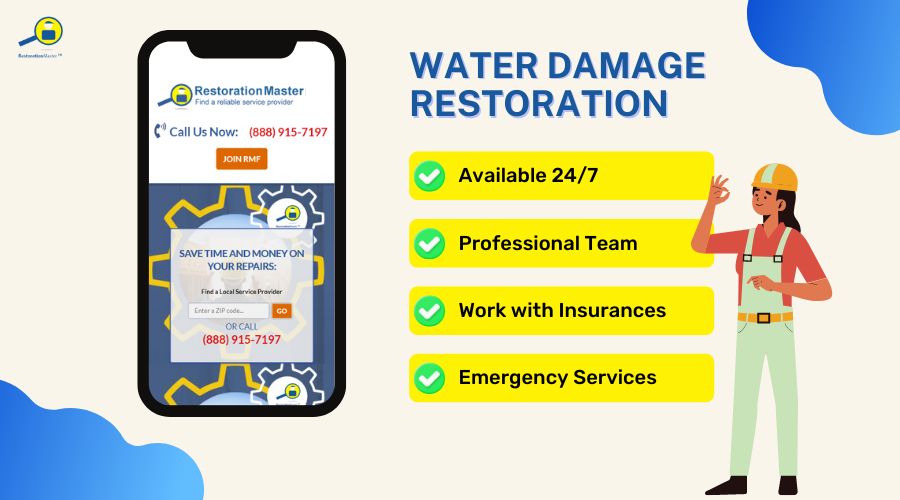
If your home or business has been hit by water damage, it’s crucial to get in touch with a professional water damage restoration service right away. Our team specializes in dealing with all sorts of water-related issues, whether it’s from burst pipes, roof leaks, or floodingFlooding is the overflow or accumulation of water in areas t... More. We’ll swiftly work to dry, clean, and restore your property to its original state.
Our experts have extensive experience in handling different types of water damage situations. They’ll carefully assess the damage and take the necessary steps to prevent any further issues while restoring your property. Throughout the process, we’ll keep you informed about our progress and make sure that your property is back to normal as quickly as possible.










